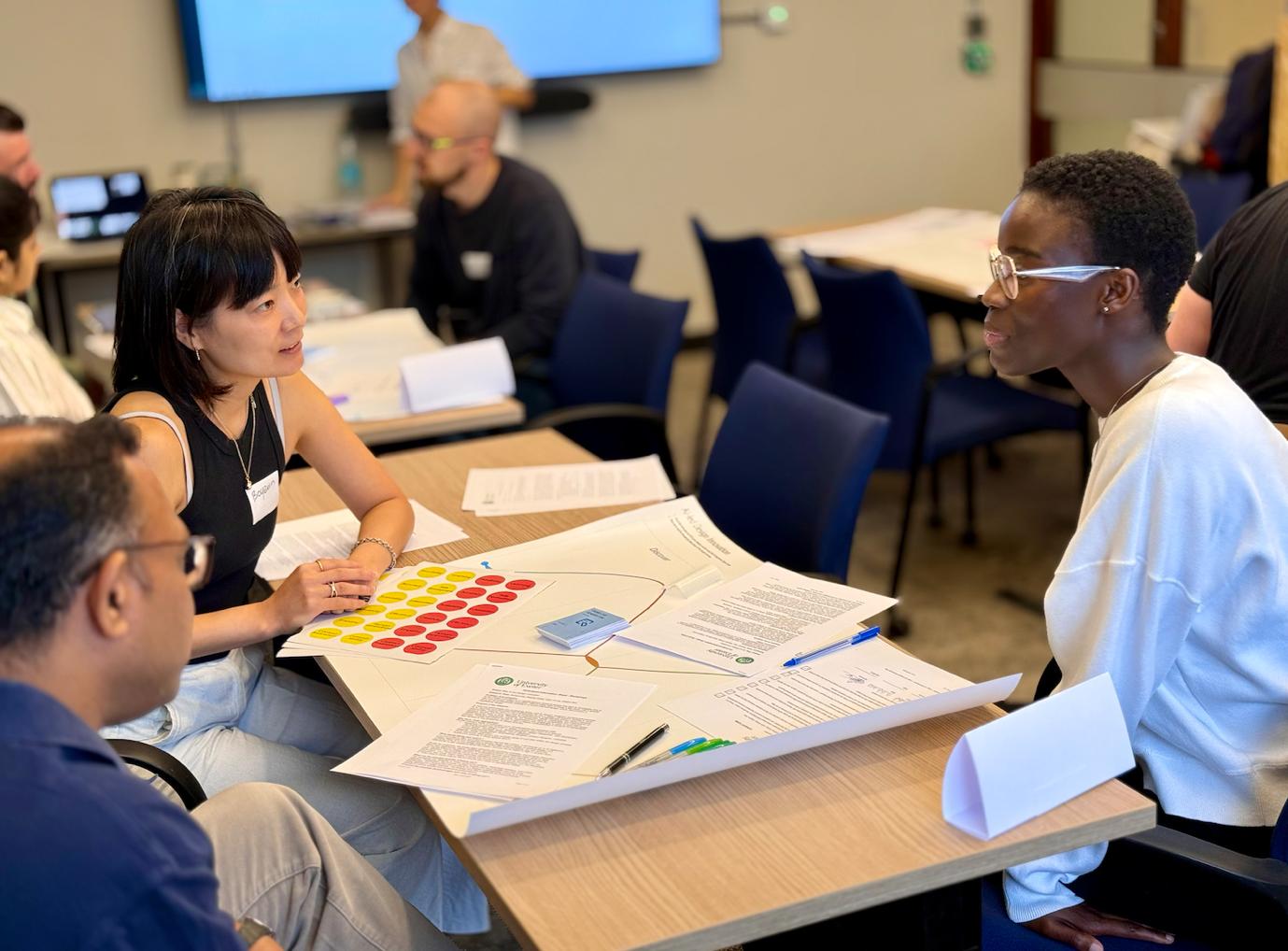One of the interesting threads running through digital disruption is our changing relationship with technology. As its “separateness” from our lives changes and evolves, we challenge our sense of self, and our ability (or need) to distinguish between what is human and what is not. Wearables, IoT devices in the home, personal robotic assistants, embeddable technologies are all pushing our perceptions of technology and the role it plays.
The fundamental conceptual basis for computing familiar to every computer science graduate is the work of Alan Turing. Two ideas are at the core of his influence. The Turing Machine is a linear model for the procedural programming of a simple computing device and provides the mental image that most of us carry in our heads about how a computer works. Useful as it has been for the last 60 years, advances such as quantum computing completely destroy that model requiring a different sense of “computing” to replace it. Similarly, for at least 2 generations the Turing Test has been the touchstone for how we consider the relationship of human and artificial intelligence. Many recent advances bring into question Its relevance today.
Lets take the most obvious example sweeping through homes and businesses today – voice-driven solutions. Adoption of new technologies to capture, interpret, and process voice commands are now widely deployed with high levels of accuracy. But rather that simply “another input approach” the use of voice is having a bigger effect on how we see our relationship with technology. It not only simplifies that relationship, it changes it. As we accept technology into our lives, we anthropomorphize it. It not only aids us, it becomes us.
This is a widely recognized phenomena, and a key theme of many writers and thinkers.
Notable in this regard is the work of Nicholas Carr. He provides commentary on the relationship we have with technology and its impact on our actions, our view of the world, our relationships and most importantly on our bodies themselves. Not only do these technological advances begin to replace much of what we used to do for ourselves, they also change how we think, and the way our brains are wired.
The result of this is a rather interesting paradox. We need to switch from thinking what can we do with voice technology, toward thinking about what voice technology is doing to us. The more we humans develop sophisticated technology to mimic what we do, the more the technology is changing us as humans.




